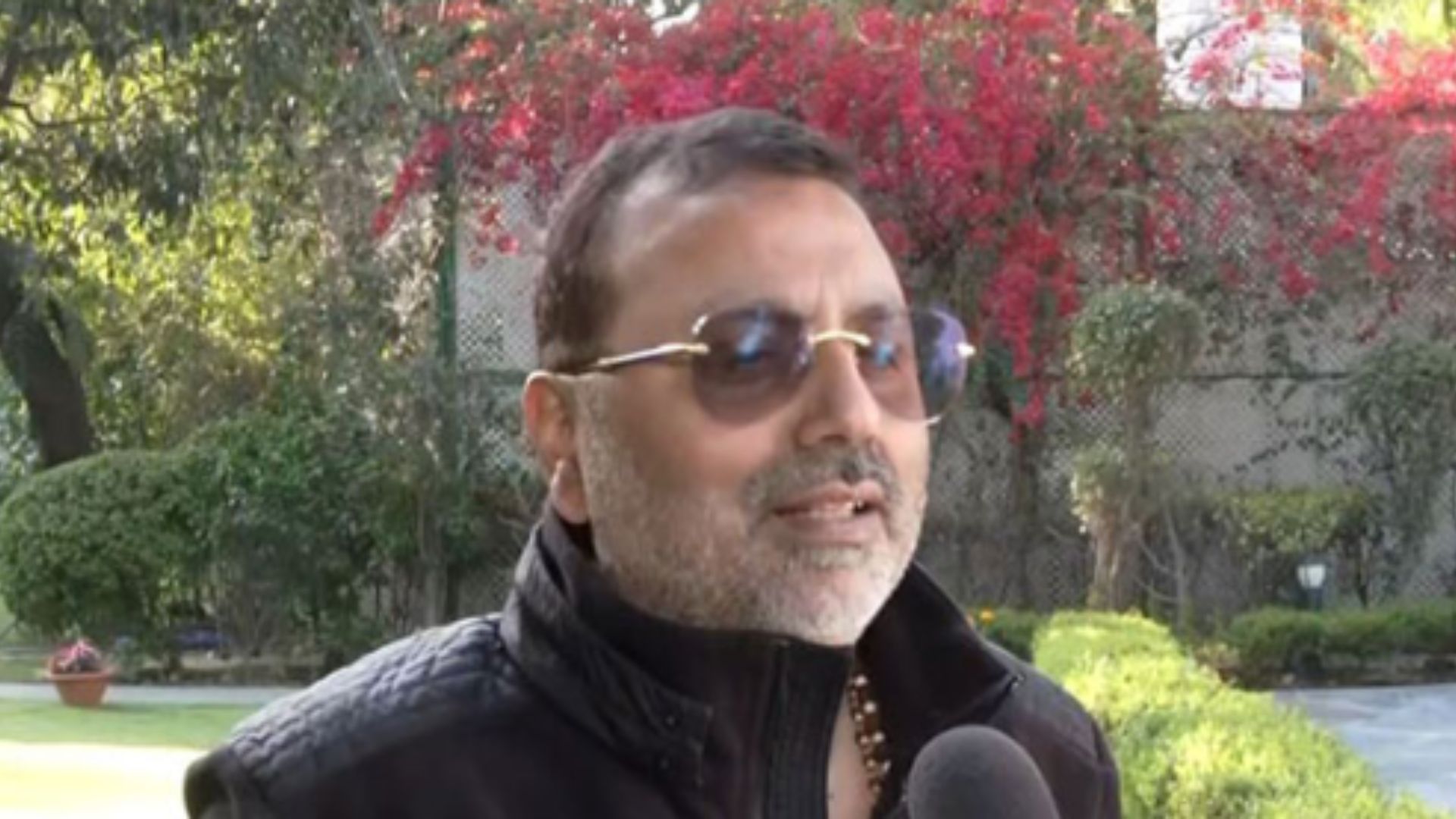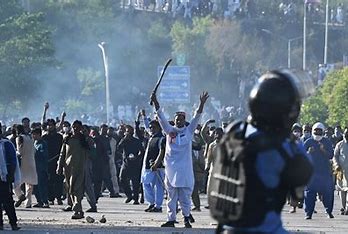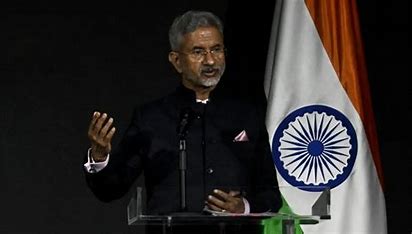
Bharatiya Janata Party leader and MP Nishikant Dubey alleged on Friday that former Jharkhand Chief Minister Hemant Soren is effectively controlling the government through FaceTime while in custody of the Enforcement Directorate (ED). He highlighted that the Supreme Court has rejected Soren’s bail plea.
In a post on X, Dubey called on the Mumbai Police to question Soren in the rape case against him filed at Bandra Police Station.
“Phone rule will stop,” Dubey added in his post.
झारखंड के पूर्व मुख्यमंत्री हेमंत सोरेन जेल से FaceTime के माध्यम से सरकार चला रहे हैं,@dir_ed के कस्टडी में हैं,अब तो सुप्रीम कोर्ट ने भी बेल मना कर दिया है @MumbaiPolice से आग्रह है कि बलात्कार का जो जॉंच आप पूर्व मुख्यमंत्री हेमंत सोरेन जी के खिलाफ बांद्रा पुलिस स्टेशन में…
— Dr Nishikant Dubey(Modi Ka Parivar) (@nishikant_dubey) May 24, 2024
“Former Jharkhand Chief Minister Hemant Soren is running the government through FaceTime from jail, he is in the custody of ED, now even the Supreme Court has refused bail. Mumbai Police is requested to take him to Mumbai for questioning in the rape case that you are investigating against former Chief Minister Hemant Soren on the complaint filed in Bandra Police Station. Phone rule will stop,” Dubey wrote on X.
On May 22, the Supreme Court declined to entertain the petition of former Jharkhand Chief Minister Hemant Soren. The court observed that the petitioner had not disclosed important facts, including that the trial court had taken cognizance of the chargesheet and that his bail plea was pending in a special court.
The bench, comprising justices Dipankar Datta and Satish Chandra Sharma, noted that Soren’s petition seeking interim bail and challenging his arrest had concealed several relevant facts. Soren, represented by advocate Pragya Baghel, argued that his arrest was illegal and malafide, and he requested interim bail.
Hemant Soren, also the Jharkhand Mukti Morcha (JMM) Chairperson, was arrested by the Enforcement Directorate (ED) in January in connection with a land scam case and faces allegations of money laundering.
The investigation focuses on substantial proceeds allegedly obtained through criminal activities, including forging official records by creating ‘fake sellers’ and buyers using forged or bogus documents to acquire large plots of land worth millions.















